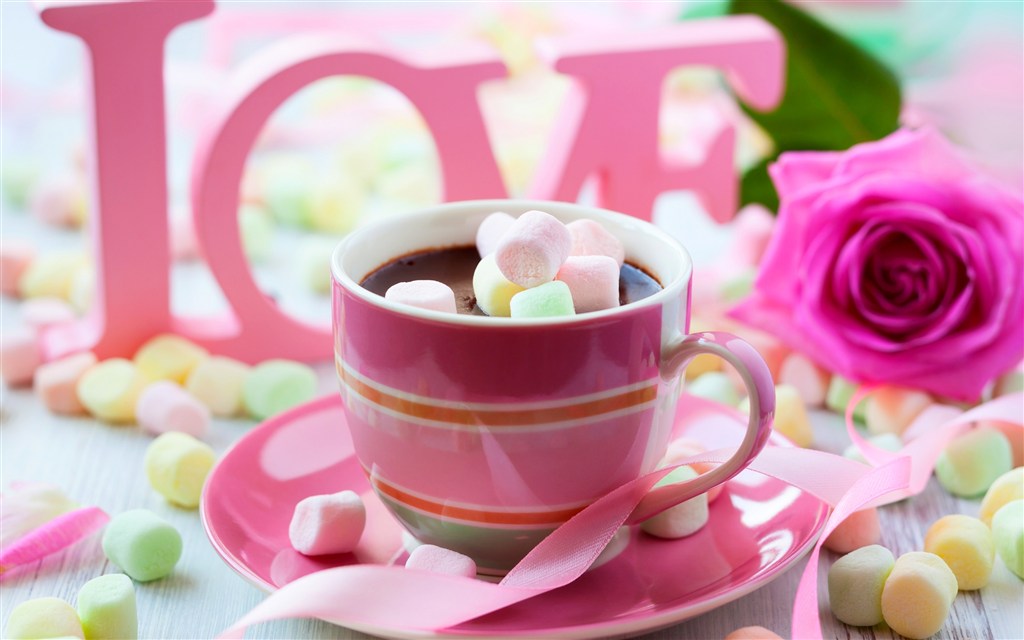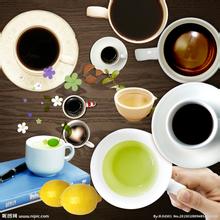Nestle's bottled drinks sell well in China, but the growth of instant coffee slows down.
Nestl é, the world's largest food manufacturer, released its semi-annual report for 2015, which showed that its global sales in the first half of the year were 42.8 billion Swiss francs (280.34 billion yuan), an organic growth of 4.5% and a real internal growth of 1.7%. The operating profit is 15%.
Paul Bulcke, CEO of Nestl é, said the first-half results were in line with expectations and continued to show strong performance even in difficult circumstances, which was closely related to Nestl é's strategy on nutrition and health. At the same time, the company's investment in Nestle's growing health science and dermatology has shown good momentum and has become a complement to Nestle's food and beverage business, which has confirmed the company's full-year expectations. He believes the company plans to achieve organic growth of 5 per cent in 2015 by improving profit margins and potential earnings per share, as well as capital efficiency.
By product segment, the nutrition and health science products mentioned by Paul Paul Bulcke achieved sales of 7.3 billion Swiss francs (47.815 billion yuan) in the first half of 2015, an organic growth of 7.3 percent, second only to Nestl é 's second largest category of confectionery, with sales of 3.9 billion Swiss francs (25.545 billion yuan), an organic growth of 8.5 percent.
The results show that in the region of Asia, Oceania and Africa (Zone AOA), where China is located, Nestl é's sales in the first half of 2015 were 7.1 billion Swiss francs (46.505 billion yuan), an organic growth of 0.8 per cent and a real internal growth of-0.8 per cent, lower than the performance of the region in the same period last year. Nestl é's sales in the region reached 8.9 billion Swiss francs (58.295 billion yuan) in the first half of last year, an organic growth of 4.7% and a real internal growth of 1.9%.
Considering that Nestl é recalled Meiji instant noodles in India in the first half of this year, and Nestl é's sales, organic growth and actual internal growth figures in the AOA region in the first quarter of this year were 3.6 billion Swiss francs (about 23.58 billion yuan),-0.2% and-2.3% respectively, Nestl é's situation in the region showed signs of improvement.
In the Chinese market, Nestl é has adjusted its product portfolio to meet changing consumer demand, but the company's categories, including room temperature milk, confectionery and instant coffee, are growing modestly because of the low growth environment, the report said. But ready-to-drink drinks, including ready-to-drink coffee, have seen double-digit growth.
Instant coffee business has become an urgent problem to be solved in Nestle China. Freshly ground coffee chains, represented by Starbucks, are eroding the market share of instant coffee. Earlier, Nestl é's coffee factory in Dongguan destroyed 4 million tons of instant coffee to match the launch of new packaging and boost the Chinese market.
In April, Wan Ling Martello, the new head of Asia, Oceania and Africa, said at an analyst conference, "while the growth of instant coffee is indeed slowing, we are still the biggest players in this market. The new formula of Nestle Coffee, including the expansion of some product ranges, should stimulate the growth of this category. "

Important Notice :
前街咖啡 FrontStreet Coffee has moved to new addredd:
FrontStreet Coffee Address: 315,Donghua East Road,GuangZhou
Tel:020 38364473
- Prev

Big international coffee traders "occupy" Yunnan coffee
Pu'er in Yunnan Province, China's largest Pu'er tea-producing region, has attracted foreign trade in recent years for coffee beans. As the production of Brazilian coffee beans is reduced, these foreign traders come more frequently and begin to seek more in-depth cooperation with local enterprises. Volcafe, a well-known multinational coffee trader, is one of them. Recently, Simao, Yunnan
- Next

The beginning of the League of the left: Lu Xun went out to drink coffee
On February 16, 1930, Lu Xun wrote in his diary: in the afternoon, Tong Rou Shi and Xuefeng went out to drink coffee. During this coffee, Lu Xun went to the public coffee shop at 998 North Sichuan Road for a meeting, which formally confirmed the establishment of the Chinese left-wing Writers' Union. On March 2, 1930, the League of the left held its founding meeting at China University of Arts, which opened a new page of the left-wing literature movement in the 1930s. Left
Related
- Can I make coffee a second time in an Italian hand-brewed mocha pot? Why can't coffee be brewed several times like tea leaves?
- Hand-brewed coffee flows with a knife and a tornado. How to brew it? What is the proportion of grinding water and water temperature divided into?
- What is the difference between Indonesian Sumatra Mantinin coffee and gold Mantinin? How to distinguish between real and fake golden Mantelin coffee?
- What does bypass mean in coffee? Why can hand-brewed coffee and water make it better?
- Unexpected! Ruixing Telunsu lattes use a smoothie machine to foam milk?!
- % Arabia's first store in Henan opens into the village?! Netizen: Thought it was P's
- Does an authentic standard mocha coffee recipe use chocolate sauce or powder? Mocha Latte/Dirty Coffee/Salty Mocha Coffee Recipe Share!
- What is the difference between Vietnam egg coffee and Norway egg coffee? Hand-brewed single product coffee filter paper filter cloth filter flat solution!
- What is the difference between sun-cured and honey-treated coffee? What are the differences in the flavor characteristics of sun-honey coffee?
- How to make Italian latte! How much milk does a standard latte use/what should the ratio of coffee to milk be?

